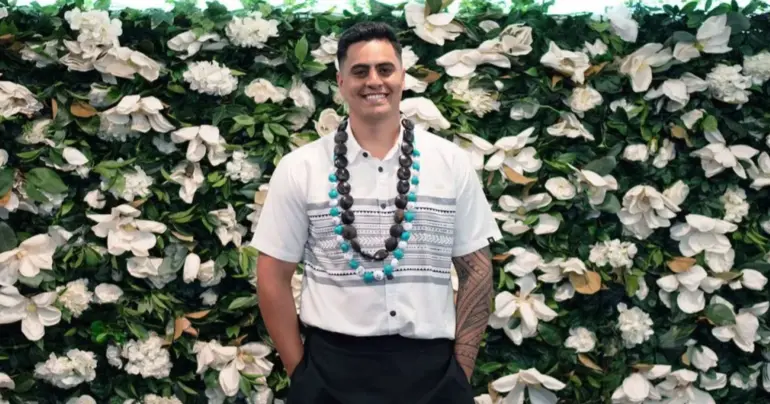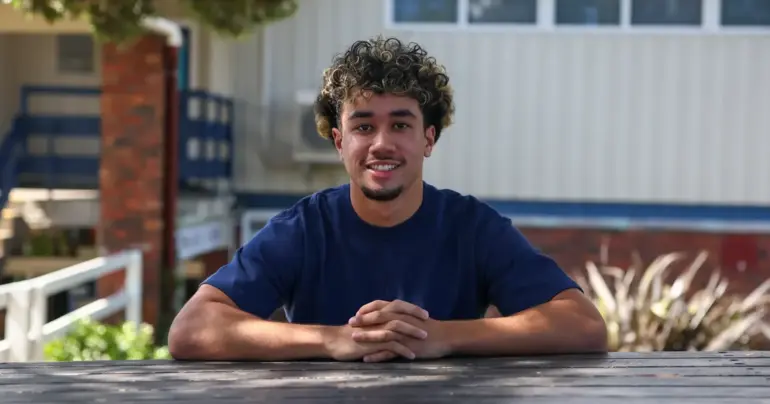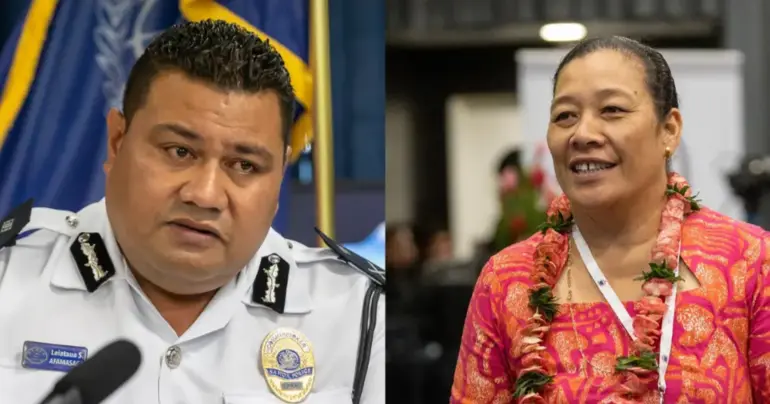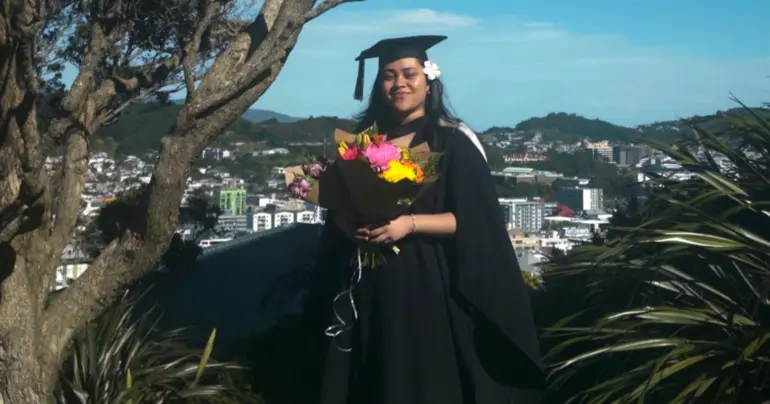Climate change insurance raised
A regional dialogue on financial management of climate change risks, including discussing the need for a Pacific climate change insurance facility, is on the agenda in Apia this week.
It started yesterday when officials of the United Nations Development Programme (U.N.D.P), the government of Tuvalu, Secretariat of the Pacific Regional Environment Programme (S.P.R.E.P) and Australian Aid gathered at the Tanoa Tusitala Hotel.
The aim of the workshop is to discuss the “critical need for financial management of climate change, including insurance” and come to a set of conclusions as to how best to achieve this goal.
Director General of S.P.R.E.P, Leota Kosi Latu, spoke about the economic burden of the impact of natural disasters.
In order to combat the potential effect of consequent disasters, the Pacific countries need to join together and share information as to how best to create “enhanced resilience through climate risk financing.”
A central method of achieving this, is through a natural disaster insurance policy. With which, victims would be able to protect their property and assets. The dialogue will assess how best to keep the premiums down, and best utilise funding.
Gordon Johnson of the UNDP summarised the initial hopes of the meeting as, “to increase our understanding of the options, gaps and challenges in managing and mitigating risks; to explore the potential for a Pacific Island Climate Change Insurance Facility that is dedicated to addressing climate change impacts, taking into account lessons learned from existing insurance arrangements; and to explore funding options for developing such a facility.”
Maiava Iosefa Maiava, a representative for UN E.S.C.AP, addressed the conference yesterday.
He said “50% of global damage, 60% of all fatalities and has 80% of the people affected” by natural disasters. These statistics highlight the significance of having a comprehensive climate change action plan in place to ensure the country is prepared for, and can recover from natural disasters.
He also highlighted the need to improve social awareness of climate change, and how it will affect future generations. He stated that in order to “ensure sustainability, our insurance funding sources must be considered.”
Maiava made the point that it is often those regions that contribute least to global pollution, that are hit the hardest by natural disasters, meaning that despite the Pacific’s efforts, the problem is world-wide and must be addressed as such.
He referred to Stephen Gardiner’s ‘A Perfect Moral Storm: Climate Change’, which argues that the problem of climate change poses substantial obstacles to our ability to make hard choices that are necessary to resolving the issue.
Maiava asks that the meeting’s participants keep these issues in the front of their minds, and ensure that priorities continue to evolve to target individuals and their social awareness. Over recent climate change meetings, he highlights the increased emphasis placed on “cultural development and the spiritual aspects” of natural disasters.
A statement will be released at the close of the conference tomorrow, which will explain and outline the outcomes of the event. We await these important conclusions that could help to keep Samoa’s economy sustainable, and its people prepared for the worst.











